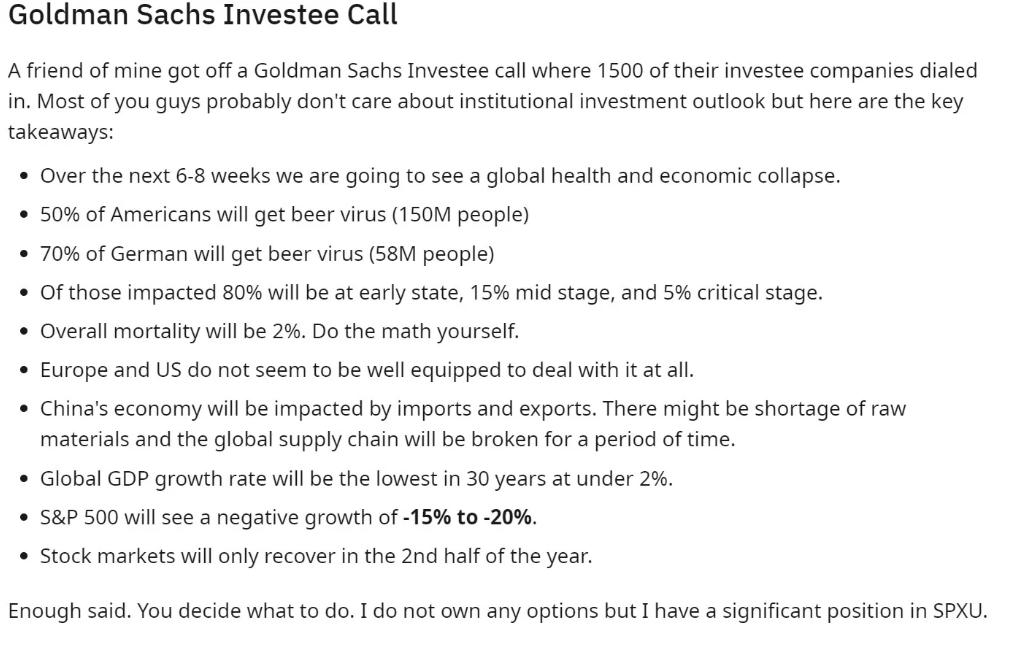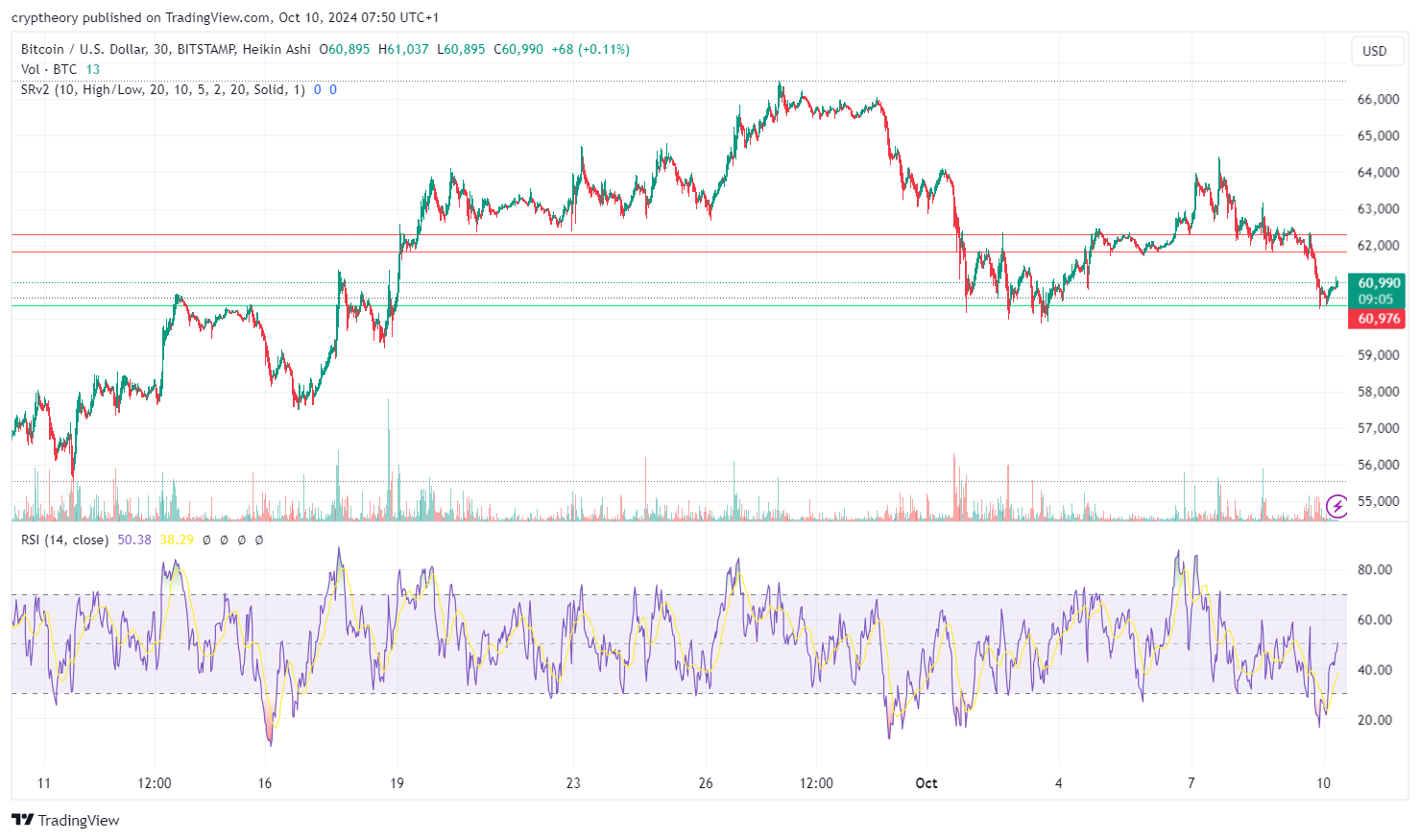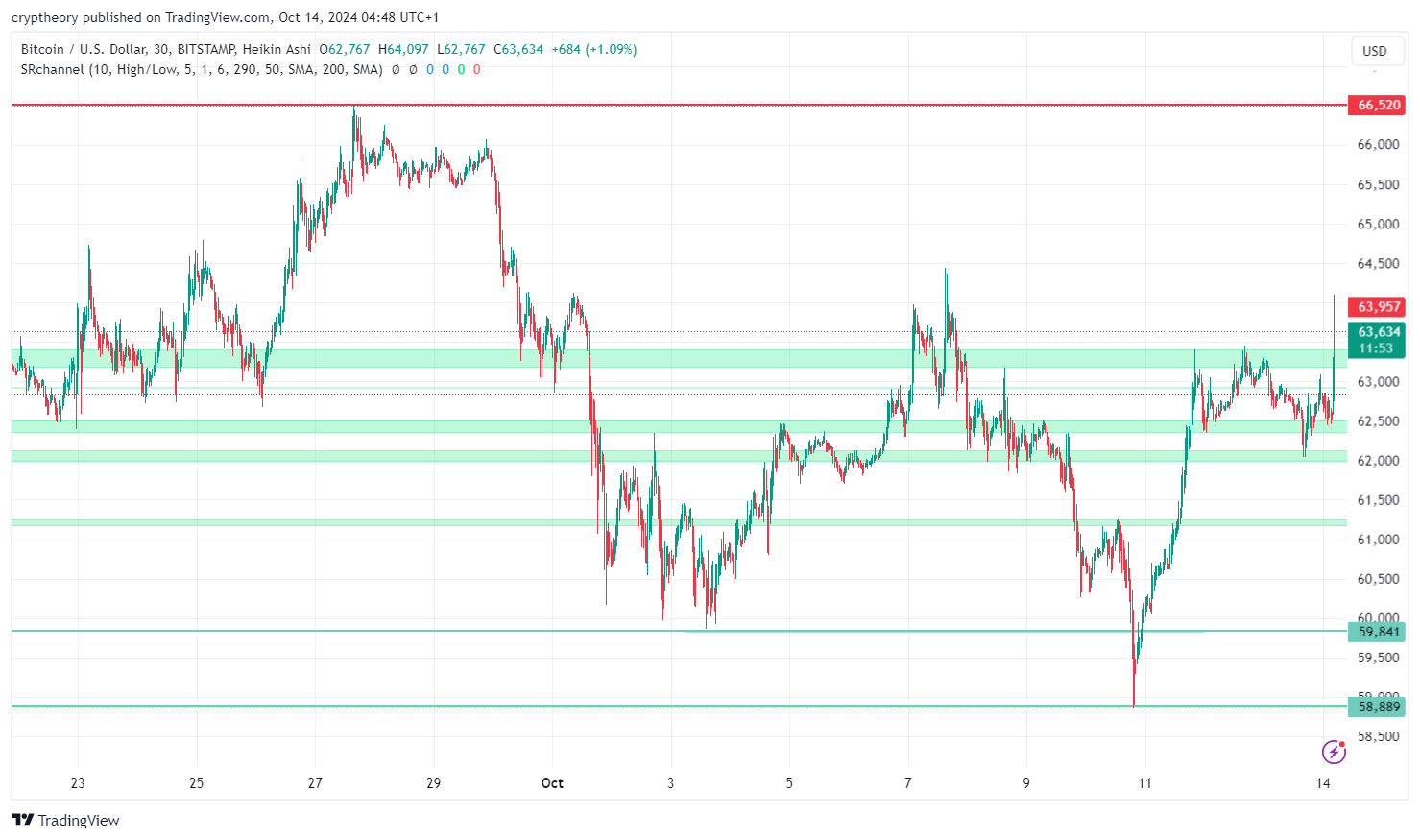Table of Contents

Here you can find an overview of the most important events that took place during the last day in the cryptoworld.
Markets
The crypto markets was a complete turnaround last night. As if investors realized after the initial panic, what the true value of cryptocurrencies is. Bitcoin is now attacking $ 6,700, which means it has added 22% in 24h. Altcoins are also massively growing, erasing losses this week. Some commentators are inclined to believe that crypto markets have moved away from the stock markets and will now follow other developments.
You can monitor the current cryptocurrency prices – here.
___
Cryptocurrency
Cryptocurrency exchages, Banks
Blockchain, Technology
- Brave claims that Google violates the GDPR
- Storj Labs launches Tardigrade decentralized cloud storage
Hashrate fell along with the price of Bitcoin
Bitcoin‘s hash rate is plummeting faster than its price, according to new data. And that’s quite the feat, given the fact that the leading cryptocurrency by market cap set a record for one of its largest daily drops in the asset’s young history. The question arises as to what will be the case of mining and miners after a possible halving, if the would fallen below the critical level before halving, where it is not worth mining to miners.
Due to the declining $BTC price, it is now unprofitable for many miners to continue their operations.
— glassnode (@glassnode) March 18, 2020
Since its peak on March 7th, the 7DMA of #Bitcoin's hashrate has fallen by ~16% – with hashing power disappearing even faster after the drop to $5k.https://t.co/5bnFHpTXfX pic.twitter.com/X9uw8hOCgD
Goldman Sachs details the information it provided in a teleconference for 1,500 investors
An apocalyptic account of Goldman Sachs ‘investee call’ went viral on social media faster than the coronavirus — and now the investment bank wants to set the record straight. User ‘nottodaymonk’ posted that his friend had just “got off a Goldman Sachs Investee call where 1500 of their investee companies dialed in”. He listed several “takeaways” from the call, the most significant of which was a prediction of “global health and economic collapse” in 6 to 8 weeks.

Patrick Scanlan, vice president of corporate communications at Goldman Sachs, sent the following statement, distancing themselves from the reported comments:
“The comments being circulated on social media platforms attributing statistics on COVID-19 to Goldman Sachs were prepared by an unidentified author, were not authorized, and contain erroneous information and attribution. On March 12, the firm’s chief economist and chief medical officer held a call for clients, during which they conveyed information on the economic and market impact of COVID-19. During the call, various statistics on the pandemic were cited and attributed to legitimate sources including governments and were not necessarily presented as a Goldman Sachs view. The market and economic views presented on the call were consistent with current published research views.”
Brave claims that Google violates the GDPR
Crypto friendly browser Brave today filed a formal complaint against its competitor, Google, the latest in a several years-long campaign to topple the tech giant’s hegemony. Brave, which has offices in San Francisco and London, claims that Google has infringed upon Europe’s foremost data protection law, the GDPR. According to Brave Chief Policy Officer Dr. Johnny Ryan, enforcement of the complaint “would be tantamount to a functional separation of Google’s business.”
Where Google’s advertising technology collects excessive information about its users, Brave’s browser—a fork of the Google Chromium project—doesn’t track cookies by default. Brave claims its technology serves ads without breaching personal information. In addition, Brave’s users can earn crypto for watching advertisements, in the form of Basic Attention Tokens (BAT). More details.
Storj Labs launches Tardigrade decentralized cloud storage
Following several months of testing, Storj Labs today announced the general availability of Tardigrade, a decentralized cloud storage service designed for enterprise users. Tardigrade’s network spans thousands of global nodes, with uploaded files decrypted and split into smaller pieces before being distributed widely. The pricing is more affordable than Amazon and Google’s respective cloud services, according to the Tardigrade website, and the open-source service is compatible with Amazon S3.
Meanwhile, anyone can apply to host a node and earn money by sharing storage and bandwidth for distributed files. According to Storj Labs’ interim CEO and executive chairman Ben Golub, Tardigrade is an evolution of the company’s original network, which struggled with scalability. More details.





















